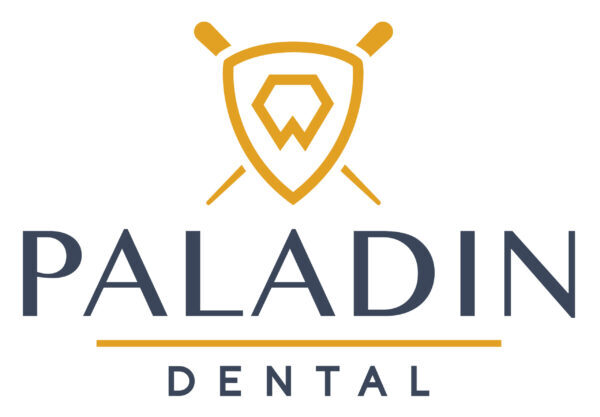Therapeutic botox treatments – Why and where they can be applied
Dr Hsiao’s interest in therapeutic botox was sparked by a client. After extensive remedial works were completed, the patient asked Dr Hsiao about botox as she wanted fillers to balance out her soft tissue proportions (fuller lips) that could complement her sparkling dental outcomes. After much investigation and research, it became evident that there was strong supporting evidence for the successful application of botox for TMJ, headaches, migraines, bruxism and a host of other oral conditions.
What is Botox?
Botulinum toxin (Botox) is an exotoxin produced from Clostridium botulinum known as onobotulinumtoxinA. This toxin is a type of food poisoning and temporarily prevents muscle movement by blocking the release of acetylcholine from the nerve endings – the muscles are numbed. The US Food and Drug Administration approved botox for use in 2002.
Isn’t Botox a cosmetic treatment?
Most of us would associate botox with it’s much publicized cosmetic use and benefits but the medical research1 has found that there is evidence to support benefits to be had from other applications particularly for treatments from the neck up including chronic neck pain. For the purposes of our article, we will explore the efficacy of botox for head and neck issues pertinent to the results one may expect from Paladin Dental.
So when would you use Botox?
There is proven efficacy for TMJ, headaches, migraines, bruxism and a host of other oral conditions. Let’s look at these factors, impacts of the condition and how they may be linked.
TMJ aka TMD (Temporomandibular Joint) Disorders
If you experience,
- discomfort or pain in the jaw
- headaches (especially in the temples, under the eyes and at the sides of the lower jaw)
- earaches
- an aching pain in the ear
- locking of the jaw joints and difficulty or clicking in opening and closing your mouth
- neck or shoulder pain
- clenching or grinding of teeth
- a change in the way the upper and lower teeth fit together
you may be suffering from Temporomandibular Joint Disorder which is a disorder of the jaw joint, its associated muscles and nerves which are linked to chronic facial pain.
Other than botox, other treatments may include,
- medicines or pain relievers
- relaxation and stress management regimes
- a mouthguard to reduce the impacts of grinding of teeth
- surgery
What causes TMD?
TMD is often closely linked to stress (jaw clenching or grinding known as bruxism), so keeping a diary to help observe one’s own behaviour and when symptoms are heightened can be helpful when addressing this condition as there are a number of other factors such as,
- dental issues like an uneven bite
- wear and tear on the joint
- injury
- other diseases such as rheumatoid arthritis, fibromyalgia or gout.
Do not self-diagnose. See your dentist or health care professional for a proper assessment.
Does everyone grind their teeth?
Although common, not everyone grinds their teeth and many children grow out of doing it. There are a variety of causal factors which leads to bruxism (jaw clenching or grinding) such as,
- anxiety or stress
- teeth alignment
- illness including Parkinsons and epilepsy
- diet and intake
- certain drugs
It would be wise to consult a health care professional if you suspect that you have bruxism as it can lead to longer term issues that are likely to have adverse impacts on your teeth, jaw, general health and well being in terms of pain or aches that could be otherwise avoided.
References
1. National Library of Medicine, 2017, National Centre for Biotechnology Information, USA Government, accessed 10 October 2022, <https://www.ncbi.nlm.nih.gov/pmc/articles/PMC5310164/
Health Direct, 2022, Temporomandibular joint dysfunction, Accessed 11 October 2022, Australian Government, https://www.healthdirect.gov.au/temporomandibular-joint-dysfunction
Cedars Sinai, 2022, Temporomandibular Disorders (TMD), Accessed 11 October 2022, https://www.cedars-sinai.org/health-library/diseases-and-conditions/t/temporomandibular-disorders-tmd.html




